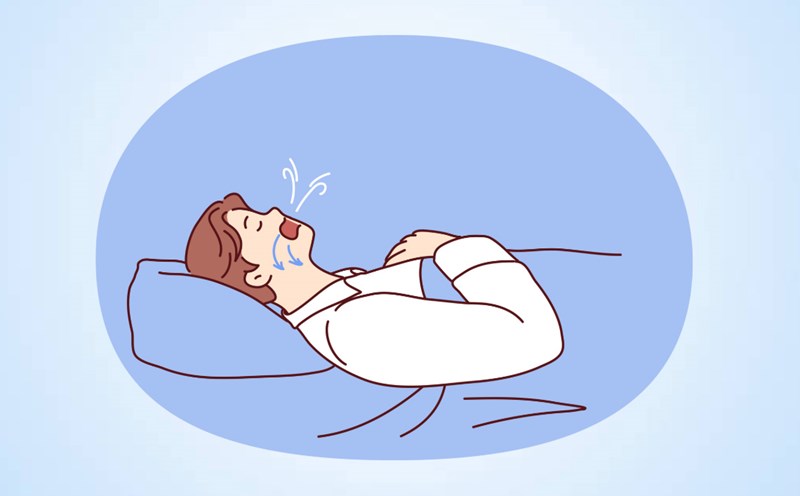What is the coffee drinking method 3:?
Many people start their morning with a cup of coffee to stay alert and focused. However, over time, the effects of caffeine tend to decline due to the body forming tolerance. In this situation, the advice of drinking coffee at a ratio of 3:00 p.m. for three weeks of use, a week off, is being passed on by many people as a way to "reset" the natural stimulating effect of caffeine.
According to clinical nutritionist Lindsay Malone, MS, RD, LD, lecturer at Case Western Reserve University, although there is no specific scientific evidence to confirm 3: method is optimal, "resting from caffeine after a few weeks of use can help re-establish sensitivity, helping the body react more strongly to conventional caffeine levels".
Specifically, during the week of "back from caffeine", the body is given the opportunity to recover its sensitivity to this substance. As a result, when you return to drinking coffee, just one glass is enough to help you feel alert and refreshed, like in the first days of drinking.
Dr. Dara Ford, RD, director of the Master of Science in Nutrition Education program at American University, agrees that this is an effective strategy for those who want to reduce their dependence on caffeine. However, she also warned, for some people, stopping caffeine use every month can cause withdrawal symptoms such as headache, fatigue, irritability or difficulty concentrating.
Why is the body gradually losing effectiveness on caffeine?
Caffeine works by inhibiting adenosine, a brain chemical that makes us feel sleepy. It also increases dopamine and other neurotransmitters, which help elevate mood and improve cognition. But according to Malone, when consumed regularly, the brain will react by increasing the number of adenosine receptors, making caffeine less effective at the same dosage as before.
Another study also confirmed that the effects of caffeine are most obvious on the first day of use and gradually decrease afterwards. This explains why many people start with a cup of coffee a day but gradually increase to two, three or more glasses, says Dr. Malone.
caffeine withdrawal does not have to be extreme. You can choose to gradually reduce it rather than stop suddenly to limit withdrawal symptoms, Ford says. Setting limits, such as not drinking after 2pm, is also very helpful."
Dr. Malone recommends that each person should experiment with their own schedule: Some people find it effective with 3:00 cycle, others may need a longer or shorter period of time to restore tolerance. The important thing is to listen to your body."











